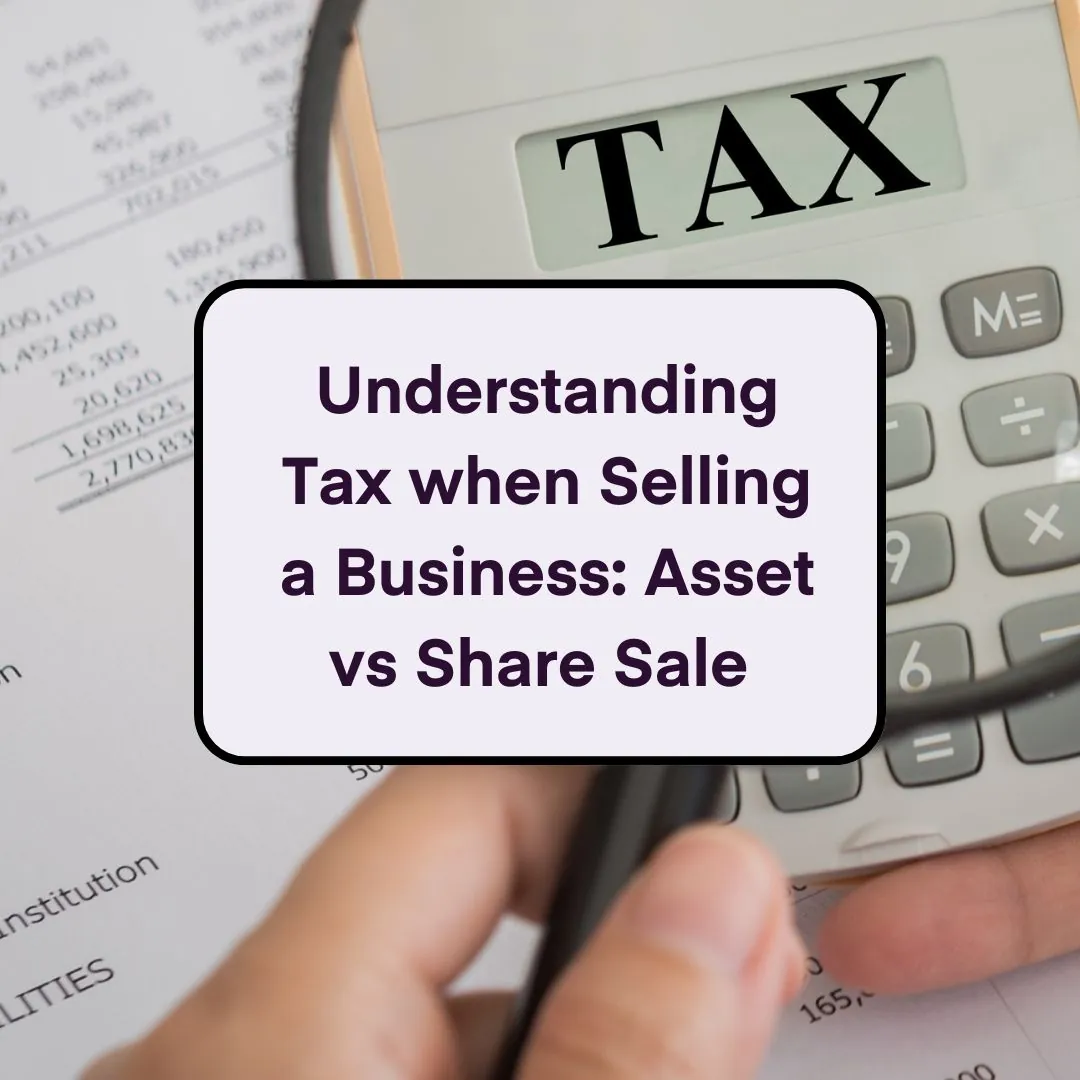
How would a no-deal Brexit impact UK tax?
12 Dec 2018The government has proposed to eliminate the post-Brexit threat of hefty VAT bills on thousands of importers into Britain - a subsidy which could cost nearly £8bn per year.
However, additional export VAT, tariff charges and compliance burdens loom for over 135,000 other UK businesses.
Brexit Guidance papers make stark reading
On August 23rd, the government published a first raft of guidance notes on the implications of a no-deal Brexit.
They provide an outline of the risks the public and businesses face in their dealings with the rest of the EU should the UK fail to reach a withdrawal agreement prior to the UK leaving the EU on March 29th, 2019.
One of these first papers covers VAT, and the implications for imports and exports from and to the EU.
Irrespective of whether the UK makes a ‘hard’ or ‘soft’ Brexit, the UK will be out of the EU VAT regime.
HMRC has already estimated that at least 135,000 companies that export to the EU will face new VAT disclosures, customs declarations and potential VAT compliance bills.
Government acts to soften Brexit worst case
The key issues outlined in VAT guidance note to be introduced after March 29th in the event of no Brexit deal include:
Importers
-
Importers of goods into the UK from the EU will not have to make cash payments for import VAT as was planned. This is to be extended to importers of goods from around the world. This welcome concession to importers could cost the UK Exchequer up to £7.7bn per annum
-
The £15 VAT-free import threshold for packages coming from outside the EU will be scrapped. This will level the playing field for UK e-commerce companies who have been losing out to foreign online sellers able to avoid VAT charges.
Exporters
-
An estimated 135,000 UK companies selling goods to EU businesses will face local import VAT and tariffs. The guidance notes are unhelpful on this point, advising companies to seek specialist help. There will be no change on the VAT rules for exporters of services.
-
Over 30,000 small e-commerce businesses will be particularly badly hit. They will lose the right to sell goods to consumers under their UK VAT registration up to certain distance selling thresholds. The typical ongoing cost of registering and filing foreign VAT returns could be as high as €6,000 per annum (EC estimate).
-
Digital services (streaming media, apps, software etc) companies selling to EU consumers will lose their automated MOSS filing option with HMRC, and will have to register somewhere else in the EU.
EU VAT refunds
-
UK companies that incur EU VAT on hotel bills, taxis, exhibition or events will lose access to the online reclaim service (‘8th Directive’). Instead, they will revert to paper-based invoice submissions under the ’13th Directive’ claims process.
Potential two-year delay to VAT risks
At the time of writing, negotiations around the UK’s withdrawal agreement recommence in the coming days.
The likelihood is that a withdrawal deal will be cobbled together in time for Brexit, but that it will push the high-risk issues out to a 19-month transition period stretching until December 2020.
However, should this go wrong, a significant number companies will need to prepare for major changes to VAT on imports from the continent. Said changes, in turn, will likely have a huge impact on SMEs trying to manage their working capital around new VAT rules.
As a small business accountant, our tax advisors are experts in helping SMEs to navigate tricky periods, such as Brexit. Get in touch with our team to further discuss how we can specifically help your business, or alternatively, try our instant accounting quote tool and get a competitive fee in just five clicks.






















